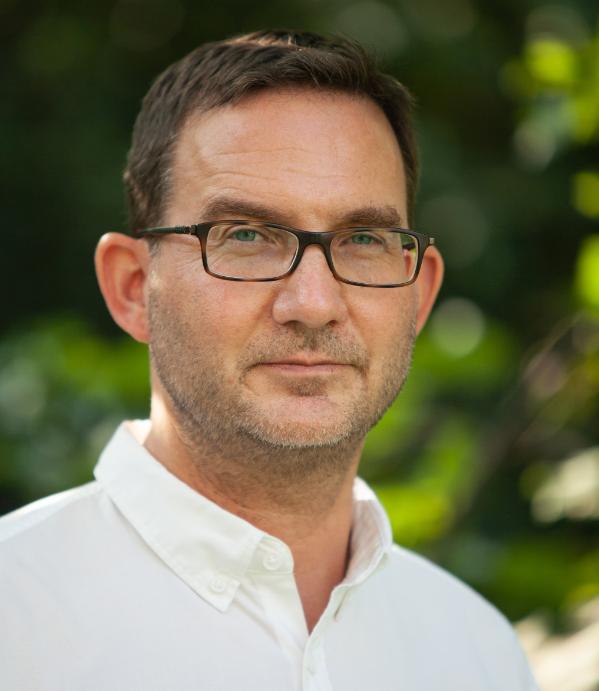Academy of Medical Sciences backs international research push to tackle global issues
Queen's has been selected to participate in the landmark initiative, which connects UK scientists with researchers in more than 30 other countries.

The Academy of Medical Science's Network Strengthening Grants are designed to accelerate research networks across borders at a time when international co-operation is increasingly recognised as essential for tackling shared, global challenges.
The 64 newly funded collaborations will help address urgent health priorities – from antimicrobial resistance in India to sustainable water management to expanding vaccine production capacity in Africa – critical areas where international co-operation remains vital to accelerate progress.
The Queen's University project is focussed around the topic of sustainable water resources management and is a collaboration with the Universities of Glasgow and Aberdeen as well as colleagues in Burkina Faso, Kenya and South Africa. It secured an investment of £200,000.
Dr Ulrich Ofterdinger from Queen's is UK lead on the project, which is set to run for two years. He said:
"The Network Strengthening Grant will allow us to expand on the exciting collaboration with our international colleagues and our UK colleagues to develop new, low-cost groundwater monitoring tools for sustainable water resources management."
Delivered in partnership with the British Academy, the Royal Academy of Engineering and the Royal Society, and supported by the UK Government’s International Science Partnerships Fund (ISPF), the grants are designed to spark bold, cross-border collaborations that take on some of today’s most pressing scientific and societal challenges.
Successful projects span disciplines from public health and clinical medicine to engineering, agricultural sciences and humanities. Together, they connect UK-based scientists with peers in universities, public health institutes and innovation hubs worldwide.
Professor Athimalaipet Ramanan FMedSci, Chair of the Network Strengthening Grants, said:
“These grants play a critical role in connecting researchers across borders. Collectively, we can break down barriers to collaboration, leading to global partnerships that are essential in tackling complex health issues. This programme enables diverse teams to come together, share expertise, and ultimately drive forward research that can have a real and lasting impact on lives around the world.”
The Academy positions these partnerships as enabling international teams to respond more effectively to complex challenges that no single country can solve alone, while reinforcing the UK’s position at the heart of global research efforts – ensuring its researchers are active participants in shaping science for a healthier future.
Professor Tom Solomon CBE FMedSci, Vice President (International), Academy of Medical Sciences, said:
“International collaboration isn’t just beneficial for science – it’s absolutely essential. The health challenges we face today, from antimicrobial resistance to pandemic preparedness, don’t recognise national borders, and neither can our response to them. The partnerships funded by the Academy’s networking grants represent our commitment to ensuring that UK researchers remain not just connected to global networks but actively shaping them.
"By investing in these relationships now, we’re building the research infrastructure that will be vital for addressing tomorrow’s health crises. The UK has always been strongest when it leads through collaboration, and these grants help ensure UK researchers remain influential and connected on the international stage.”

Media
Media inquiries to Una Bradley u.bradley@qub.ac.uk